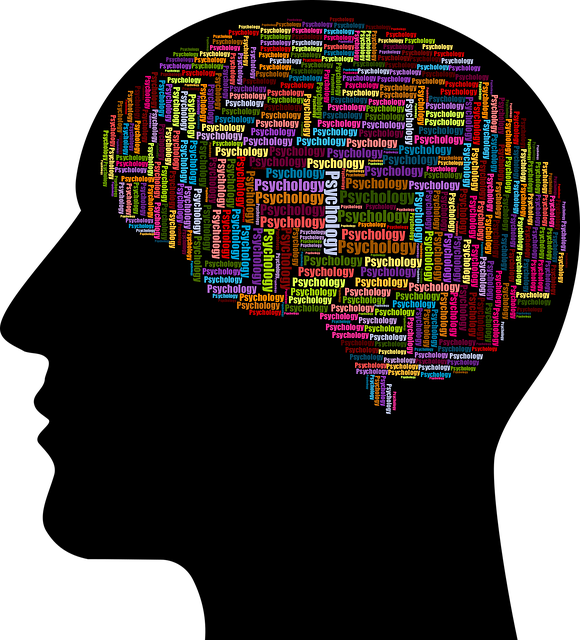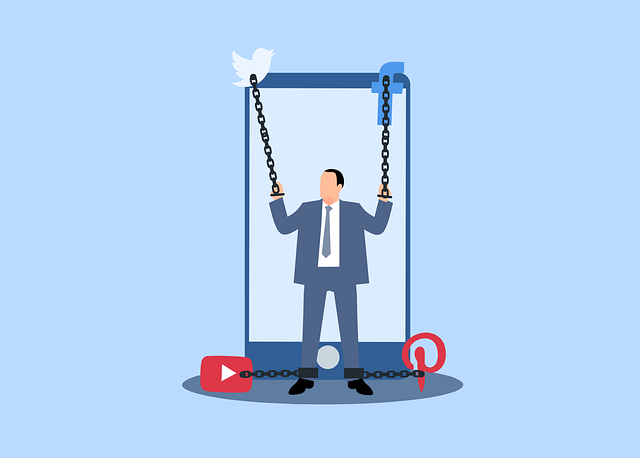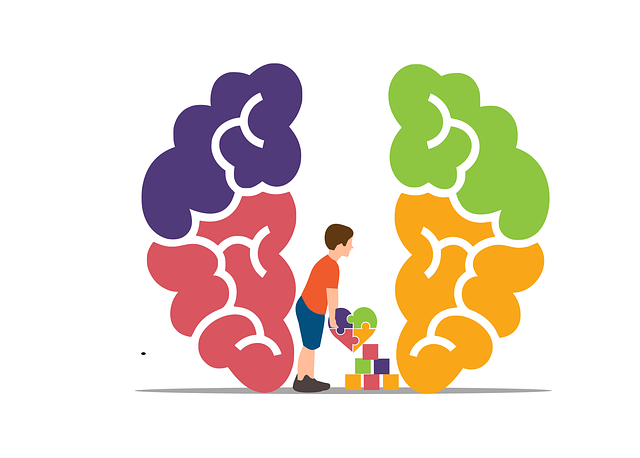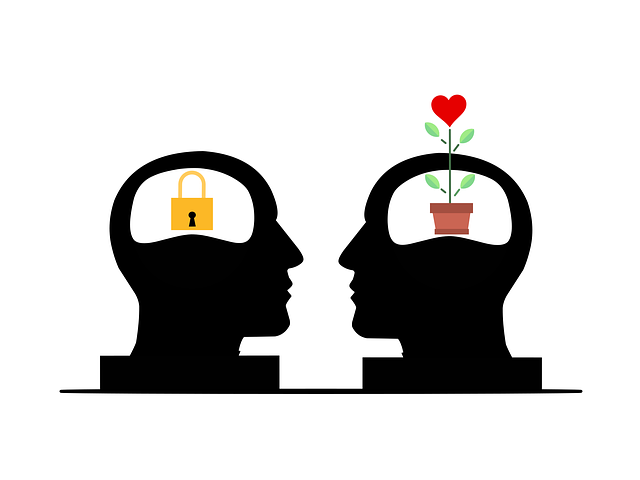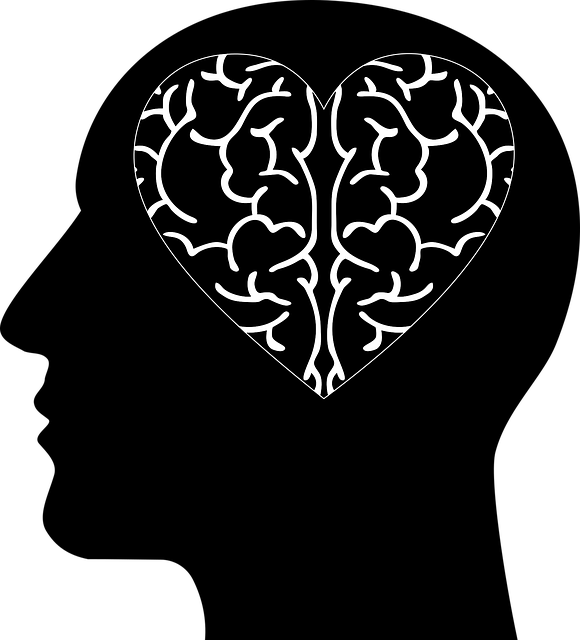Self-care is a powerful tool for managing mental health, especially addressing Centennial Depression Therapy, through relaxation, mindfulness, and self-awareness activities. Identifying personal needs, such as stress relievers or hobbies, is crucial for prioritizing well-being. Mindful selection of practices like Mindfulness Meditation or Mental Wellness Podcasts ensures tailored routines. Long-term strategies like Cognitive Behavioral Therapy (CBT) enhance resilience. Building cultural sensitivity in mental healthcare and public awareness campaigns reduce stigma, normalizing conversations around mental health and encouraging support-seeking within diverse communities.
In today’s fast-paced world, self-care is more vital than ever for maintaining mental well-being. This article explores the transformative power of self-care practices, focusing on how they can alleviate symptoms of Centennial Depression and foster lasting resilience. We’ll delve into understanding self-care, identifying personal needs, and implementing effective strategies for a long-term practice that enhances overall wellness. By prioritizing self-care, individuals can navigate life’s challenges with renewed energy and purpose.
- Understanding Self-Care and its Impact on Mental Well-being
- Identifying Personal Self-Care Needs and Prioritizing Them
- Implementing Effective Strategies for Long-term Self-Care Practice
Understanding Self-Care and its Impact on Mental Well-being

Self-care is a proactive approach to nurturing one’s physical, mental, and emotional health. It involves recognizing and prioritizing personal needs, often in response to the pressures and demands of daily life. Understanding self-care is crucial in today’s fast-paced world, where stress and mental health challenges are prevalent. Practicing self-care can be a game-changer for those dealing with issues like Centennial Depression Therapy, offering a path to improved well-being.
By incorporating activities that promote relaxation, mindfulness, and personal growth, individuals can reduce symptoms of anxiety and depression. Mindfulness Meditation, Self-Awareness Exercises, and other therapeutic practices play a significant role in this process. These strategies not only help individuals manage their mental health but also foster resilience and overall happiness. Moreover, by engaging in self-care, one can contribute to Mental Illness Stigma Reduction Efforts, creating a more supportive and understanding society.
Identifying Personal Self-Care Needs and Prioritizing Them

Identifying personal self-care needs is a crucial step in enhancing mental health and combating issues like Centennial Depression Therapy. It involves introspecting to understand unique requirements for overall well-being. This process may include recognizing stress relievers, activities that foster relaxation, and personal hobbies or interests. By acknowledging these needs, individuals can begin prioritizing them, ensuring they receive adequate attention and integration into daily life.
Prioritization is key; not every self-care practice will be equally beneficial for everyone. It’s about making conscious choices to incorporate activities that nurture mental wellness, such as engaging in Mindfulness Meditation or listening to a Mental Wellness Podcast Series Production. This mindful selection ensures that the self-care routine development process is tailored and effective, ultimately contributing to improved mental health outcomes.
Implementing Effective Strategies for Long-term Self-Care Practice

Implementing effective strategies for long-term self-care practice is a vital step towards fostering resilience and overall well-being. It involves adopting a holistic approach that addresses physical, mental, and emotional health. One powerful tool in this journey is cognitive behavioral therapy (CBT), which has been proven to be highly effective in managing symptoms of common mental health disorders, including depression. CBT empowers individuals to challenge negative thought patterns, develop healthier coping mechanisms, and cultivate positive behaviors, all of which contribute to improved self-care over time.
Furthermore, building resilience is an integral part of sustainable self-care. Resilience allows us to adapt and bounce back from challenges, fostering a sense of control and empowerment. Incorporating practices that enhance cultural sensitivity in mental healthcare can significantly improve access and effectiveness, especially within diverse communities. Public awareness campaigns development also plays a crucial role in normalizing conversations around mental health, reducing stigma, and encouraging individuals to seek support for their well-being.
Improving self-care practices is a powerful tool in navigating life’s challenges, especially those with potential symptoms of Centennial Depression. By understanding the profound impact of self-care on mental well-being and identifying personal needs, individuals can prioritize their emotional health. Implementing effective strategies that suit individual lifestyles ensures long-term practice sustainability. Embracing these changes may not be easy, but it is a journey worth taking for a happier, healthier future.


